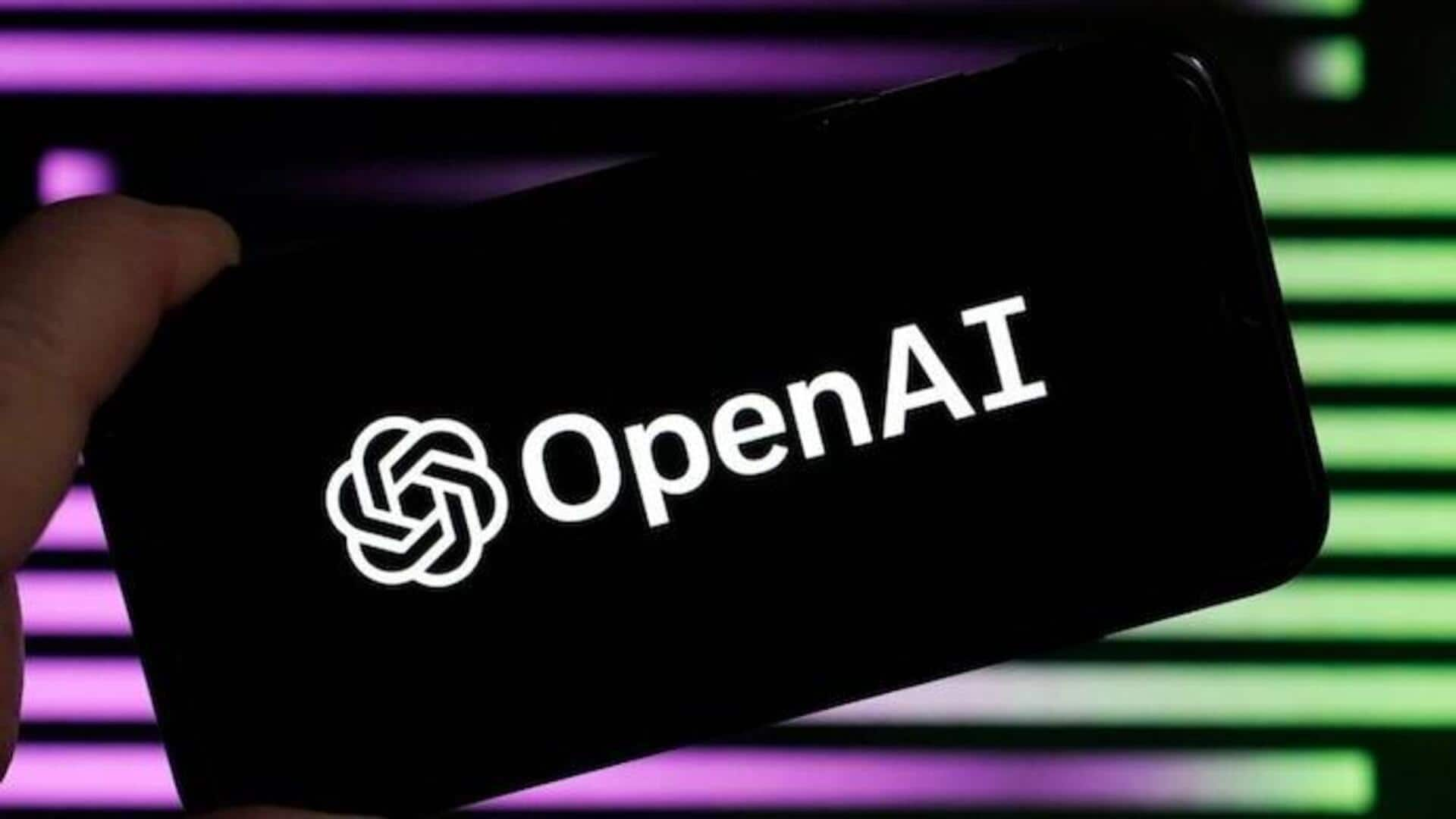
OpenAI plans secondary share sale at a whopping $500B valuation
What's the story
OpenAI, the company behind ChatGPT, is in early talks for a potential secondary stock sale. The move would allow current and former employees to sell their shares at a staggering valuation of around $500 billion. According to Reuters, the company hopes to raise billions through this sale. Existing investors such as Thrive Capital have shown interest in buying some of these shares.
Valuation boost
The company's last known valuation was $300 billion
If the secondary stock sale goes through, OpenAI's valuation could increase by some 67% The company's last known valuation was $300 billion after a $40 billion funding round led by SoftBank Group. This would make OpenAI one of the most valuable private companies in the world.
Financial strategy
OpenAI raised $8.3 billion in recent funding round
Recently, OpenAI raised $8.3 billion from a group of investors for a second tranche of its $40 billion financing round. The funding was oversubscribed by about five times. This comes as the company continues to dominate the AI market with its ChatGPT model and other tech launches. It is also gearing up to launch its latest GPT-5 model amid stiff competition in the industry.
Growth trajectory
User growth and acquisitions
OpenAI's ChatGPT is set to hit 700 million weekly active users this week, up from 500 million in March. The app also recently crossed three billion user messages a day. In May, the company announced plans to acquire an AI device start-up co-founded by Apple veteran Jony Ive for nearly $6.5 billion in stock. This acquisition marks OpenAI's foray into hardware under the legendary designer's guidance.
Corporate discussions
Microsoft negotiations continue to be a sticking point
OpenAI is also in talks about its future as a for-profit company. The negotiations have dragged on for months, with Microsoft, which has invested substantially in OpenAI and holds rights to its intellectual property, being the biggest holdout among investors. The talks have expanded into a renegotiation of their relationship, with Microsoft trying to avoid losing access to the start-up's technology before their current deal expires in 2030.